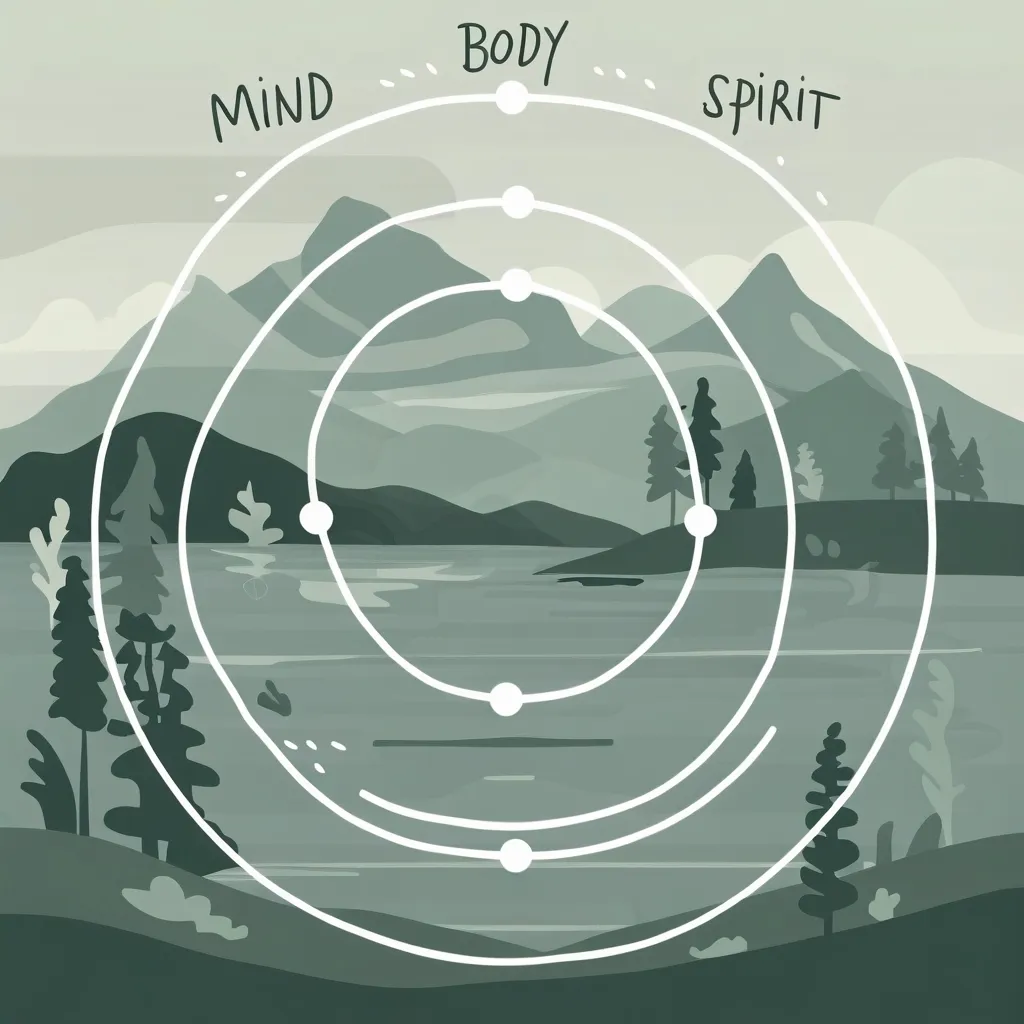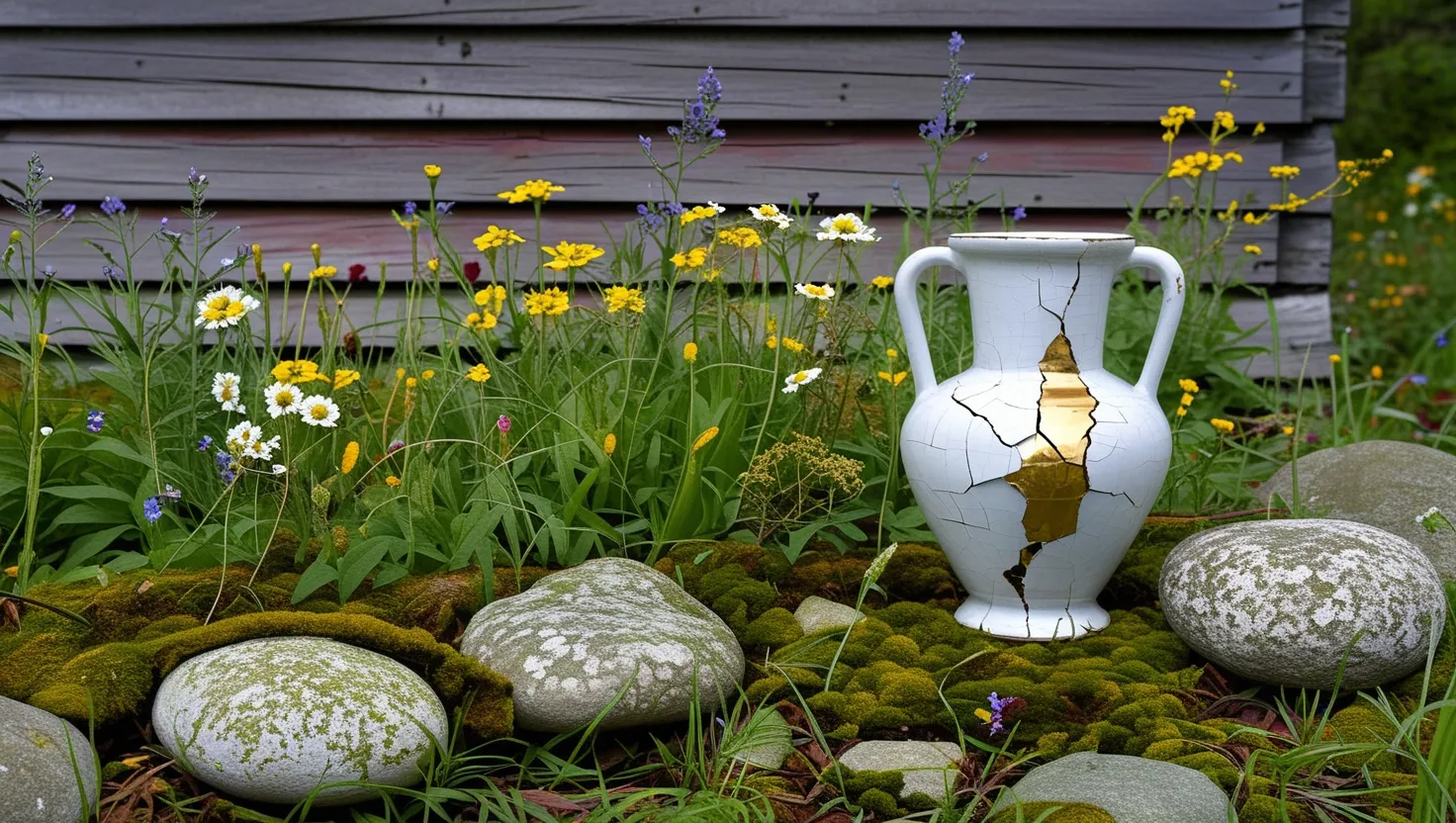Holistic Health: A Journey to Complete Wellness
In our fast-paced world, it’s easy to lose sight of what truly matters - our overall well-being. We often focus on isolated aspects of health, forgetting that we’re complex beings with interconnected needs. That’s where holistic health comes in, offering a fresh perspective on wellness that considers the whole person.
The mind-body connection is at the core of holistic health. It’s not a new concept - ancient practices like yoga and meditation have long recognized how our mental state affects our physical health and vice versa. Modern science is catching up, showing that stress and emotions can significantly impact our bodies.
Take mindfulness meditation, for example. It’s not just about sitting still and breathing. It’s a powerful tool that can quiet your mind, reduce stress, and even lower cortisol levels in your body. It’s like hitting a reset button for your mind and body.
Physical health is the foundation of holistic wellness. We all know we should exercise and eat well, but it’s easier said than done, right? The key is to make it fun and social. Create a killer workout playlist or join a sports team. Even small changes like taking the stairs instead of the elevator can make a big difference over time.
But holistic health isn’t just about the body - it’s also about your emotional and psychological well-being. It’s about having a healthy self-concept and a sense of purpose. When you’re mentally and emotionally healthy, you’re better equipped to handle life’s curveballs.
Cognitive behavioral therapy (CBT) is a great example of how our mental state can affect our physical health. It’s been shown to help with chronic pain, diabetes, and even epilepsy. It’s all about changing how you perceive things, which can literally change your body’s response.
Nature plays a huge role in holistic wellness. There’s something magical about spending time outdoors. Whether it’s a walk in the park or just sitting by a lake, nature has a way of melting away stress and boosting our mood. And let’s not forget about the sun - it’s not just for getting a tan. Sunlight boosts vitamin D levels, which is crucial for bone health and immune function.
Ever heard of earthing? It’s this cool practice where you walk barefoot on natural surfaces to reconnect with the Earth’s electrons. It sounds a bit out there, but it can actually reduce inflammation and improve sleep. Sometimes the simplest things can have the biggest impact on our health.
Stress is a major issue for many of us, but holistic practices offer some great tools to manage it. Deep breathing exercises, for instance, can trigger your body’s relaxation response. It’s like hitting the pause button on stress. Mindfulness meditation is another powerful tool. It helps you stay present and reduces stress over time.
Yoga and tai chi are awesome for stress relief too. They combine movement with breath, promoting relaxation and flexibility. It’s like a two-for-one deal - you get physical exercise and stress relief all in one package.
Spiritual wellness is often overlooked, but it’s a crucial part of holistic health. It’s about nourishing your soul, whether that’s through spiritual practices, gratitude, or just spending time in nature. Building meaningful connections with others is also part of spiritual wellness. We’re social creatures, after all, and having strong relationships can do wonders for our well-being.
The science behind holistic healing is fascinating. There’s this field called psychoneuroimmunology that explores how our thoughts and emotions affect our physical health. It shows how stress can impact our immune system, highlighting why managing stress is so important.
Quantum physics adds another layer to our understanding of holistic health. It introduces the concept of energy and vibrational medicine, recognizing that everything in the universe is interconnected at a fundamental level. It’s mind-blowing stuff that opens up new possibilities for healing.
Implementing a holistic approach to health doesn’t mean you have to overhaul your entire life overnight. It’s about making small, sustainable changes. Start by adding more movement to your day - take the stairs, go for a short walk, or dance while you’re doing chores. Use a fitness tracker to keep yourself motivated.
Make exercise fun by creating an energizing playlist or trying out different activities until you find something you enjoy. Deep breathing exercises and mindfulness meditation can be done anywhere, anytime - perfect for busy schedules.
Of course, holistic healing isn’t without its critics and controversies. Some people are skeptical due to a lack of scientific evidence or misconceptions about its principles. It’s important to approach holistic health with an open mind but also a critical eye. Understand the science behind it and be aware of any potential risks.
Embracing holistic health is a journey, not a destination. It’s about recognizing that our bodies, minds, and spirits are interconnected and influence each other in profound ways. By incorporating holistic practices into our daily lives, we can create a balanced lifestyle that nurtures all aspects of our being.
Remember, each element of our health is connected, and caring for one aspect positively impacts the others. Prioritizing holistic wellness can lead to a happier, healthier life. Whether it’s through mindfulness meditation, physical exercise, or spiritual practices, the path to optimal well-being is both rewarding and transformative.
In the end, holistic health isn’t just an approach to wellness - it’s a way of living. It’s about embracing the unity of our mind, body, and spirit and taking charge of our health in a comprehensive and sustainable way. So why not give it a try? Start small, be patient with yourself, and see how holistic practices can transform your life. You might be surprised at how much better you feel when you start treating your health as a whole rather than separate parts.






